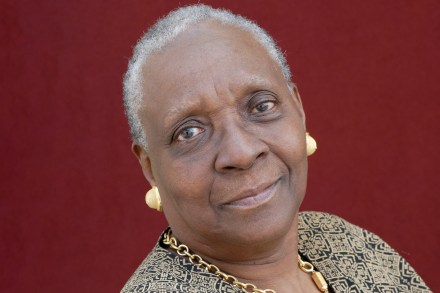Spotting the mountweazels: The Liar’s Dictionary, by Eley Williams, reviewed
There is a particular sub-genre of books which are witty and erudite, comic and serious and often of a bibliophilic nature: such novels as Elaine di Rollo’s The Peachgrower’s Almanac, Pasi Ilmari Jääskeläinen’s The Rabbit Back Literary Society or Brock Clarke’s An Arsonist’s Guide to Writers’ Homes in New England. The problem with this form is that it can go badly wrong and teeter into pretentious whimsy. But when it goes right, as with Eley Williams’s The Liar’s Dictionary, it is sheer joy. Although I cantered through the book and welcomed its distraction during lockdown, there are enough hidden jokes and cunningly disguised rabbit holes to make one want to




















